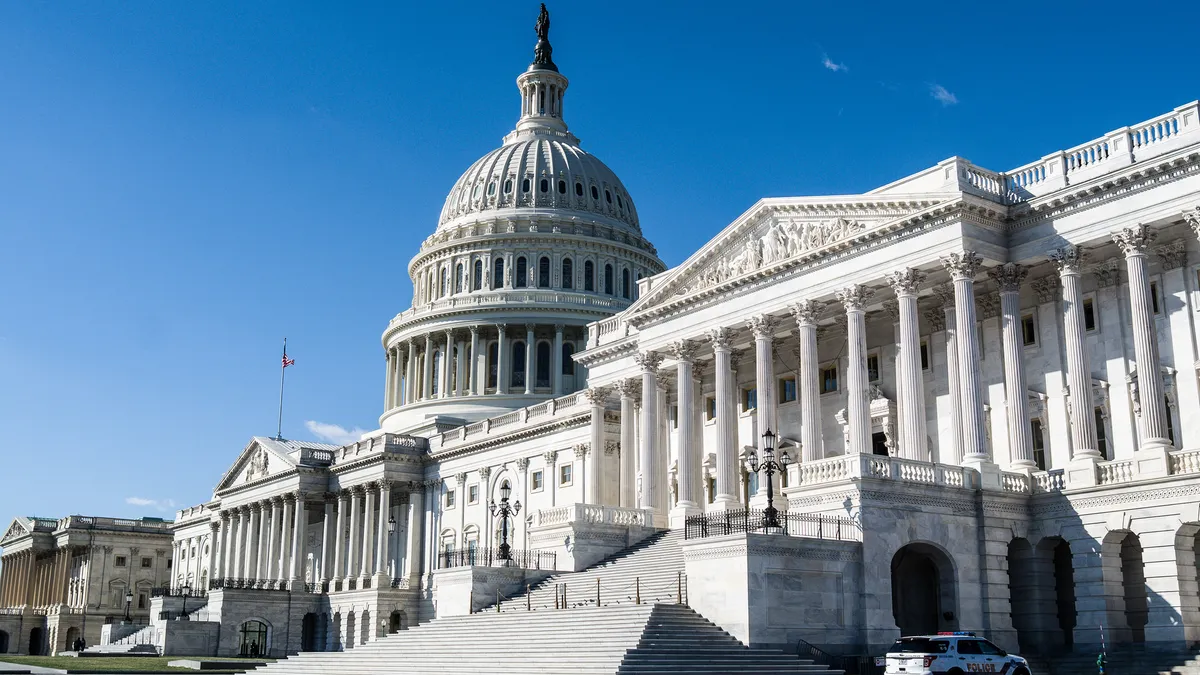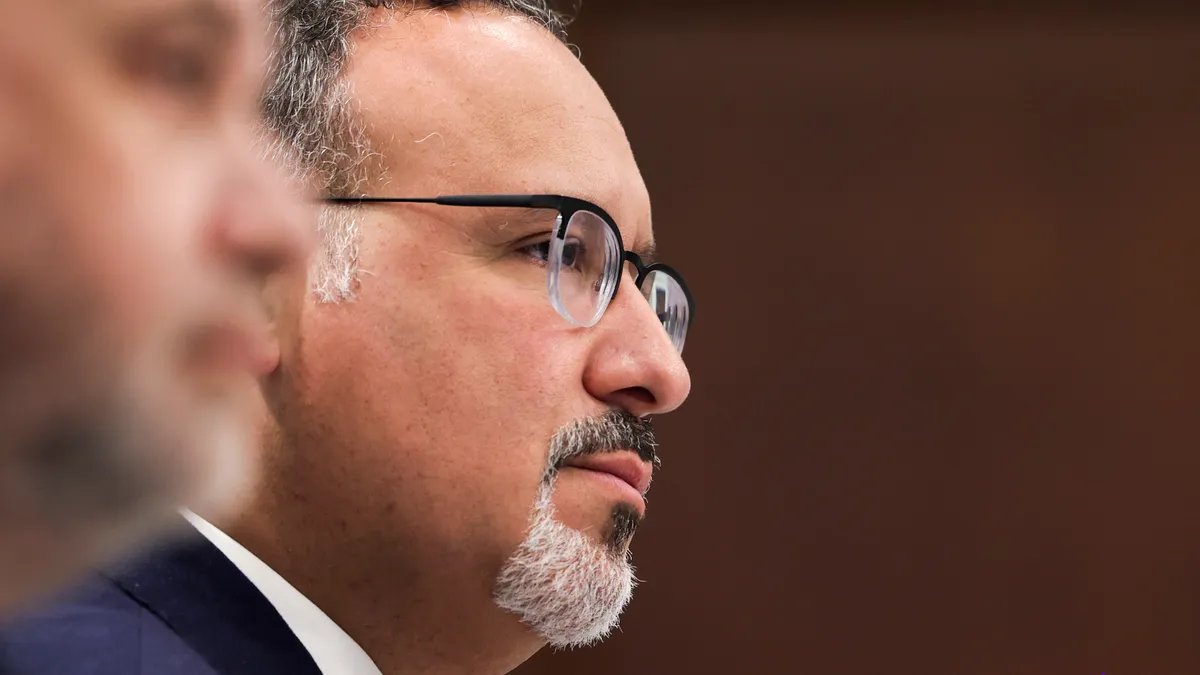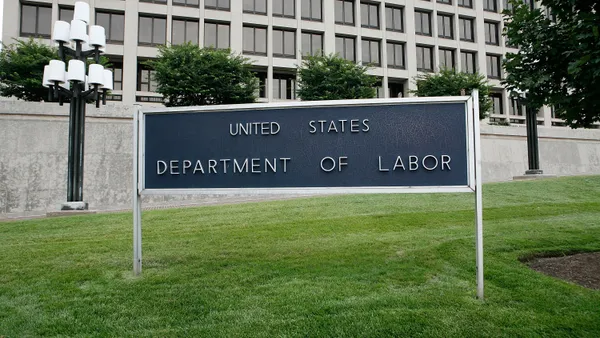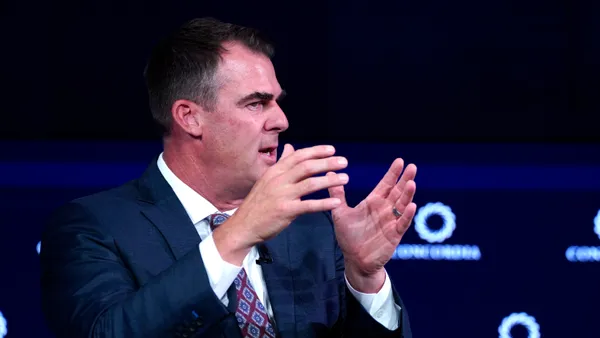Dive Brief:
- A bipartisan group of senators has reintroduced federal legislation that supports workforce training at two-year institutions and that they hope to roll into a Higher Education Act reauthorization.
- Sens. Maggie Hassan, D-N.H., Todd Young, R-Ind., Tim Kaine, D-Va., and Cory Gardner, R-Colo., announced their support for the Gateway to Careers Act, which would give grants to community and technical colleges and other industry and community organizations to help improve educational pathways for in-demand jobs.
- The act also would provide supports for students who struggle with issues that impact their ability to succeed in the workforce, such as substance abuse, mental health concerns, health insurance instability, and access to food, housing, child care and transportation.
Dive Insight:
As unemployment levels remain low and the economy shifts toward more automation, gaps in the skilled workforce are evident. But too few of those who are underemployed or unemployed have received training for today's in-demand skilled positions, the senators explain in their announcement.
Their call for better training is familiar in higher education, as is their concern about the need for colleges to help students with costs and resources beyond tuition support.
A steady stream of reports and studies have pointed to a growing gap between the skills employers need in their workforce and the type of training colleges offer. Education Design Lab last month described five models for colleges to rethink how they address employers' needs and assess students' preparation for the workforce in a "new skills and competencies marketplace."
Among the approaches they see colleges taking is becoming a "Netflix-style" distributor of educational content. They also see a need for groups to fill the gap between higher ed and employers around reconciling the latter's needs with the former's curriculum offerings.
Guided pathways often are promoted as a way to ensure students move through college efficiently, especially at two-year institutions that have historically taken a cafeteria-style approach to curriculum.
At the same time, there is increasing evidence that issues in students' lives outside of the classroom can affect their academic performance and, therefore, career trajectory. One recent survey of some 50,000 community college students found that work responsibilities and balancing the needs of family and friends were among their top challenges to success in college. Paying expenses was also a concern.
Those realities have prompted some colleges to do more to address food and housing insecurity on their campuses. Institutions are also addressing students' need for child care with free or reduced cost facilities. And all types of institutions are expanding their mental health services to offer students more care options and to take pressure off counseling centers.













